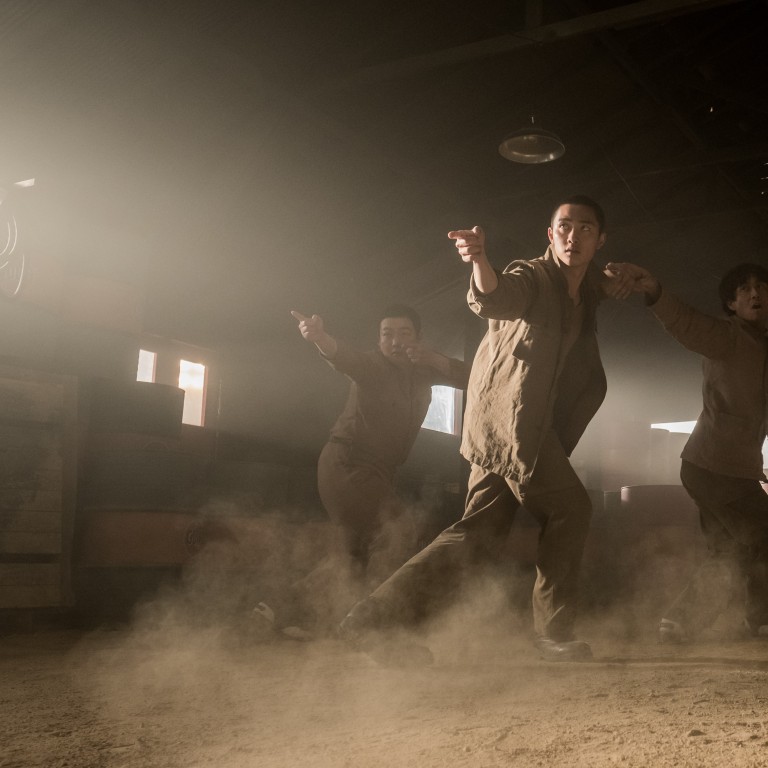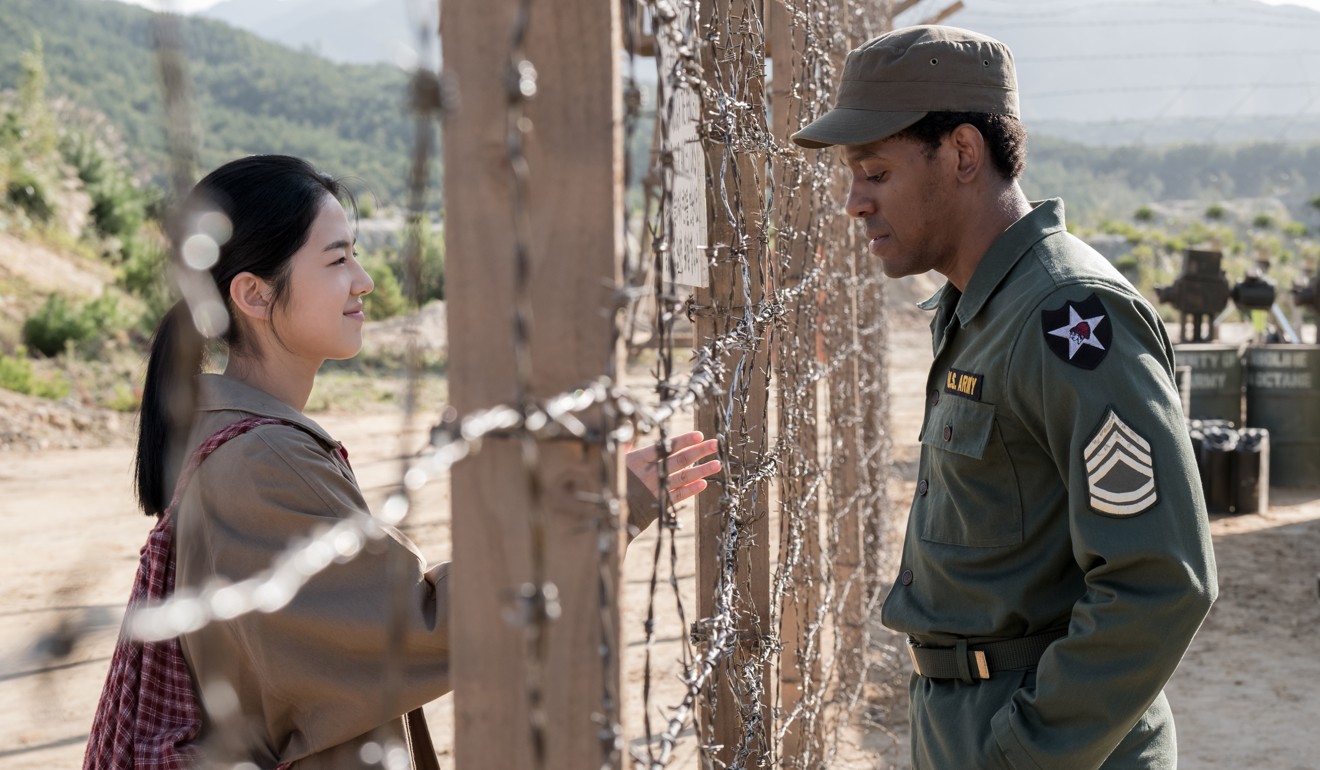
Review | Swing Kids film review: Do Kyung-soo plays tap-dancing hero in prisoner-of-war drama
- La La Land meets The Battleship Island, and it doesn’t end well as a black American sergeant tries to teach North and South Korean prisoners to tap-dance
- The director asks us to squirm at the meaningless brutality of war, but also cut a rug to his toe-tapping dance numbers
2/5 stars
Along with the Gods: The Last 49 Days review – bigger, louder, but not better
However, Swing Kids lacks either the scale of Ryoo Seung-wan’s epic melodrama or the musical lilt of Damien Chazelle’s throwback Hollywood film; it is an ill-fitting hodgepodge of half-baked ideas and unrealised potential.
At the height of the Korean war, prisoners from North and South Korea are incarcerated in the notorious Goeje Island prison camp, where an uneasy truce is overseen by their American captors. As Christmas approaches, the camp commander seizes a PR opportunity to stage a rousing dance performance, choreographed by former Broadway star Sgt. Jackson (played by tap dancer Jared Grimes).
The inmates are a sorry, malnourished bunch with no feel for American swing or tap rhythms. Nevertheless, Jackson assembles a predictably ragtag assortment of oddballs and outcasts, including a Chinese inmate (Kim Min-ho), a Southern civilian (Oh Jung-se), an opportunistic village girl, Pan-rae (Park Hye-su) and, most notably, Ki-soo (Do Kyung-soo, aka D.O.), younger brother of a revered Northern war hero.
Despite their lack of talent, each harbours their own motives for signing up, and Jackson does his best to lick them into shape. As an African-American, Jackson receives persistent abuse from inmates and fellow countrymen alike, but his deft footwork entrances his students as readily as it dazzles the audience.
This is especially true of Ki-soo, whose longing to express himself through music and movement is perpetually countered by his obligations to North Korea’s ferocious agenda. This conflict becomes increasingly volatile in the film’s second half, following the arrival of Lee Da-wit’s vitriolic Northern radical.
This clash of ideologies – personal vs national, peaceful vs violent – is at the heart of Swing Kids, but threatens to tear the film apart. Kang asks us to squirm at the meaningless brutality of war, but also cut a rug to his toe-tapping dance numbers. At one point, Jackson and Pan-rae begin to compare their respective struggles in racist and chauvinist societies, but the film soon realises it has nothing to say on the matter.

Even the soundtrack skips from Big Band standards to anachronistic David Bowie tracks in a desperate search for a beat to call its own. As divided thematically as its historical setting, Swing Kids is neither stirring nor swinging enough to get us on our feet.

